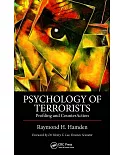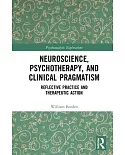Revision is a fundamental part of writing and the acquisition of revision skills is a complex and lengthy process. This book draws together current research on revision from two areas. The
first is the large body of empirical work on the cognitive processes involved in the revision of written language production. This research looks at how operations of revision intervene during
various phases of writing, at the resources or constraints (e.g., working memory load, content knowledge, strategy use) that affect revision and at developmental aspects of revision
capabilities. The second area of research concerns the study of students learning to revise texts in instructional settings. This research examines the effects of instructional design
conditions (structure and sequencing of tasks, strategy instruction, word processing) and the impact of peer interactions on student acquisition of revision skills. The contributions by
European and North American specialists provide new insights into revision processes and raise new questions about the interplay between cognitive and instructional factors. The authors present
critical reviews of research findings, as well as recent empirical work conducted in experimental and classroom settings. Revision is an essential resource for researchers in cognitive,
developmental and educational psychology who are interested in language acquisition, and for professionals of language instruction, including pre-service and in-service teacher training.





















